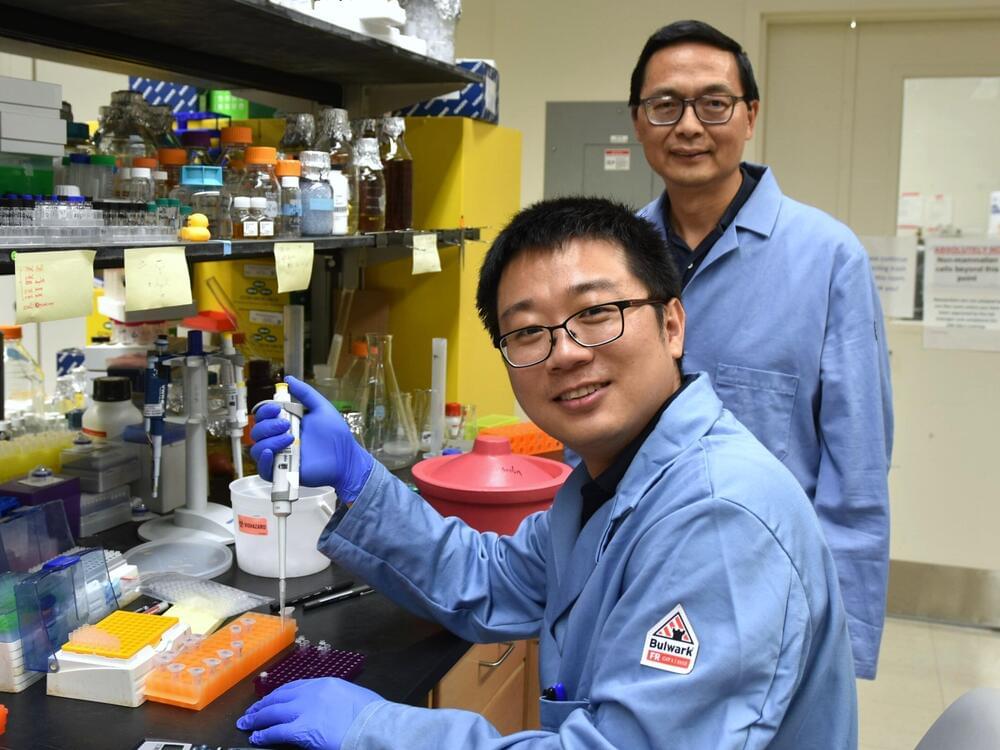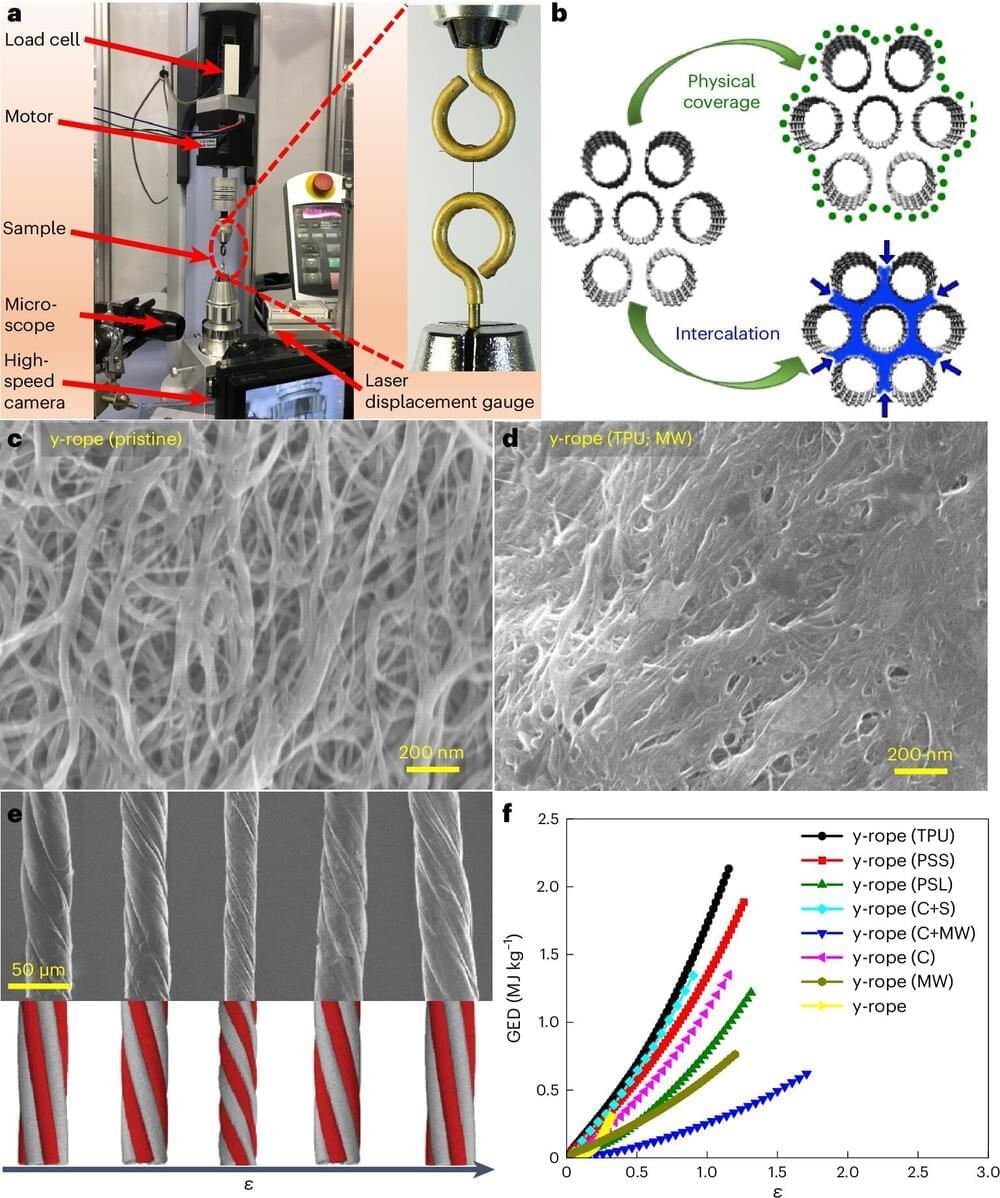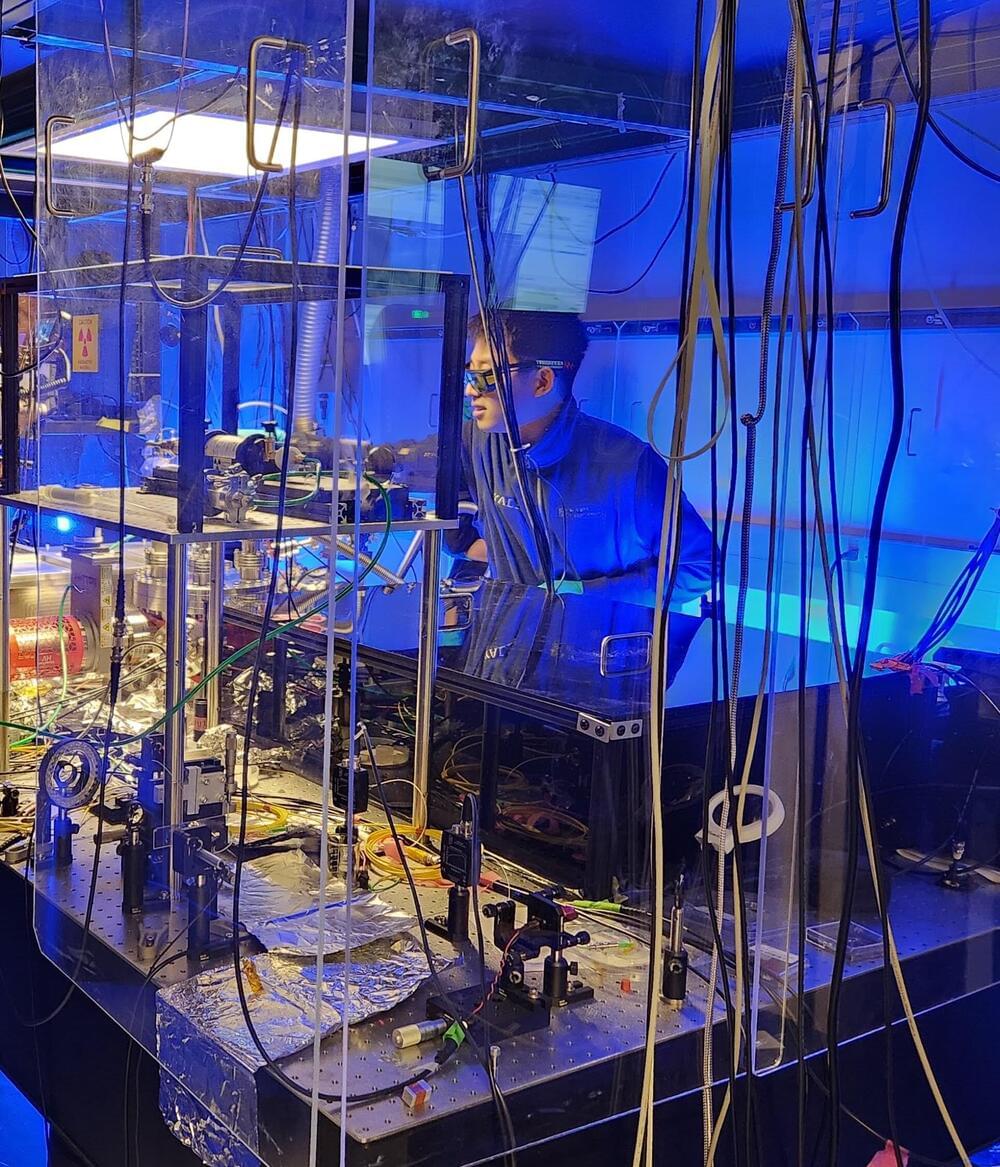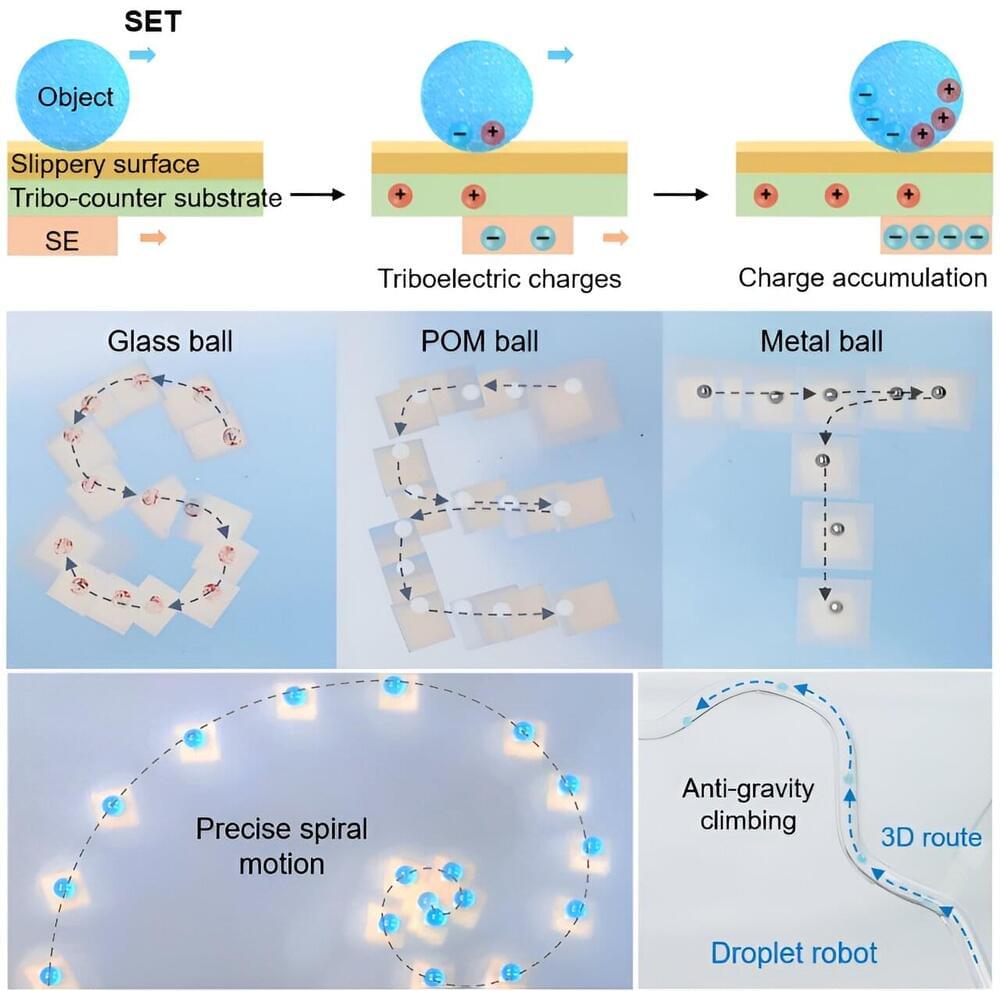Latest posts
Jul 27, 2024
Vacuum of Space to Decay Sooner Than Expected (but Still Not Soon)
Posted by Shubham Ghosh Roy in category: quantum physics
One of the quantum fields that fills the universe is special because its default value seems poised to eventually change, changing everything.
Jul 27, 2024
Ilya Sutskever | AGI will all happen next year | AGI will profoundly affect human development
Posted by Shubham Ghosh Roy in category: robotics/AI

Popular and powerful AI tools► AI generated video➜https://bit.ly/MEandGPT►AI generated pictures➜https://bit.ly/PMEandGPT► AI dubbing➜https://bit.ly/MMEandGPT
Jul 27, 2024
New process uses light and enzymes to create greener chemicals
Posted by Shubham Ghosh Roy in categories: chemistry, energy, food
Researchers at the Center for Advanced Bioenergy and Bioproducts Innovation (CABBI) have achieved a significant breakthrough that could lead to better—and greener—agricultural chemicals and everyday products.
Jul 27, 2024
Twisted carbon nanotubes could achieve significantly better energy storage than advanced lithium-ion batteries
Posted by Shailesh Prasad in categories: biotech/medical, nanotechnology
An international team of scientists, including two researchers who now work in the Center for Advanced Sensor Technology (CAST) at UMBC, has shown that twisted carbon nanotubes can store three times more energy per unit mass than advanced lithium-ion batteries. The finding may advance carbon nanotubes as a promising solution for storing energy in devices that need to be lightweight, compact, and safe, such as medical implants and sensors. The research was published recently in the journal Nature Nanotechnology.
Jul 27, 2024
SpaceX prepares for Starship flight with first ‘chopstick’ landing
Posted by Genevieve Klien in category: space travel
SpaceX is gearing up for the fifth launch of its massive Starship rocket, following four increasingly successful tests. What is the company hoping for, and what can we expect?
Jul 27, 2024
Exploring what happens when different spherical objects hit the water
Posted by Saúl Morales Rodriguéz in category: futurism
When an object hits a body of water vertically, it is accompanied by a strong hydrodynamic force fueled by the flow of water around it, which propels it forward. The magnitude of this force is known to vary depending on the mass of the object hitting the water.
Jul 27, 2024
Physicists introduce method for mechanical detection of individual nuclear decays
Posted by Saúl Morales Rodriguéz in categories: electronics, particle physics
In recent years, physicists and engineers have developed increasingly sophisticated instruments to study particles and the interactions between them with high precision. These instruments, which include particle detectors, sensors and accelerometers, could help researchers to study physical processes in greater detail, potentially contributing to interesting new discoveries.
Jul 27, 2024
New self-powered electrostatic tweezer enhances object manipulation and microfluidics
Posted by Saúl Morales Rodriguéz in category: futurism
In a study published in Device has reported a new self-powered electrostatic tweezer that offers superior accumulation and tunability of triboelectric charges, enabling unprecedented flexibility and adaptability for manipulating objects in various working scenarios. The research team was led by Dr. Du Xuemin from the Shenzhen Institute of Advanced Technology (SIAT) of the Chinese Academy of Sciences.
Jul 27, 2024
New method for 3D quantitative phase imaging eliminates need for digital phase recovery algorithms
Posted by Saúl Morales Rodriguéz in categories: information science, transportation
QPI is a powerful technique that reveals variations in optical path length caused by weakly scattering samples, enabling the generation of high-contrast images of transparent specimens. Traditional 3D QPI methods, while effective, are limited by the need for multiple illumination angles and extensive digital post-processing for 3D image reconstruction, which can be time-consuming and computationally intensive.
In this innovative study, the research team developed a wavelength-multiplexed diffractive optical processor capable of all-optically transforming phase distributions of multiple 2D objects at various axial positions into intensity patterns, each encoded at a unique wavelength channel.
This design allows for the capture of quantitative phase images of input objects located at different axial planes using an intensity-only image sensor, eliminating the need for digital phase recovery algorithms.

















